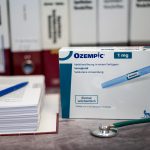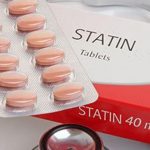
The federal government recently stopped pandemic-related emergency food aid, leaving perhaps 2 million more Americans without enough to eat. Emergency allotments in the Supplemental Nutrition Assistance Program (SNAP), also known as food stamps, ended in March in all states that hadn’t already cut them. After this temporary increase in SNAP benefits ended, recipients experienced a 21% relative increase in food insufficiency, according to research from the Perelman School of Medicine at the University of Pennsylvania. Food insufficiency means more than just not having enough food; it also means a poor quality diet. “To our knowledge, this is one of the first studies to evaluate the association between changes in SNAP benefit amounts and food insufficiency,” said lead author Dr. Aaron Richterman, an instructor in the division of infectious diseases at the university. “This study shows the severe consequences of reducing SNAP benefit amounts at a time when inflation was causing rapid rises in food prices, and is especially important because of upcoming federal negotiations surrounding SNAP’s renewal in the Farm Bill at the end of September,” he explained in a school news release. SNAP distributes benefits to low-income families to buy food. About 10% of U.S. households may not have enough to eat without these benefits. To study what happened when federal officials ended the emergency allotments, researchers compared trends in states that ended them… read on > read on >





























-300x200.jpg)







-300x169.jpg)
